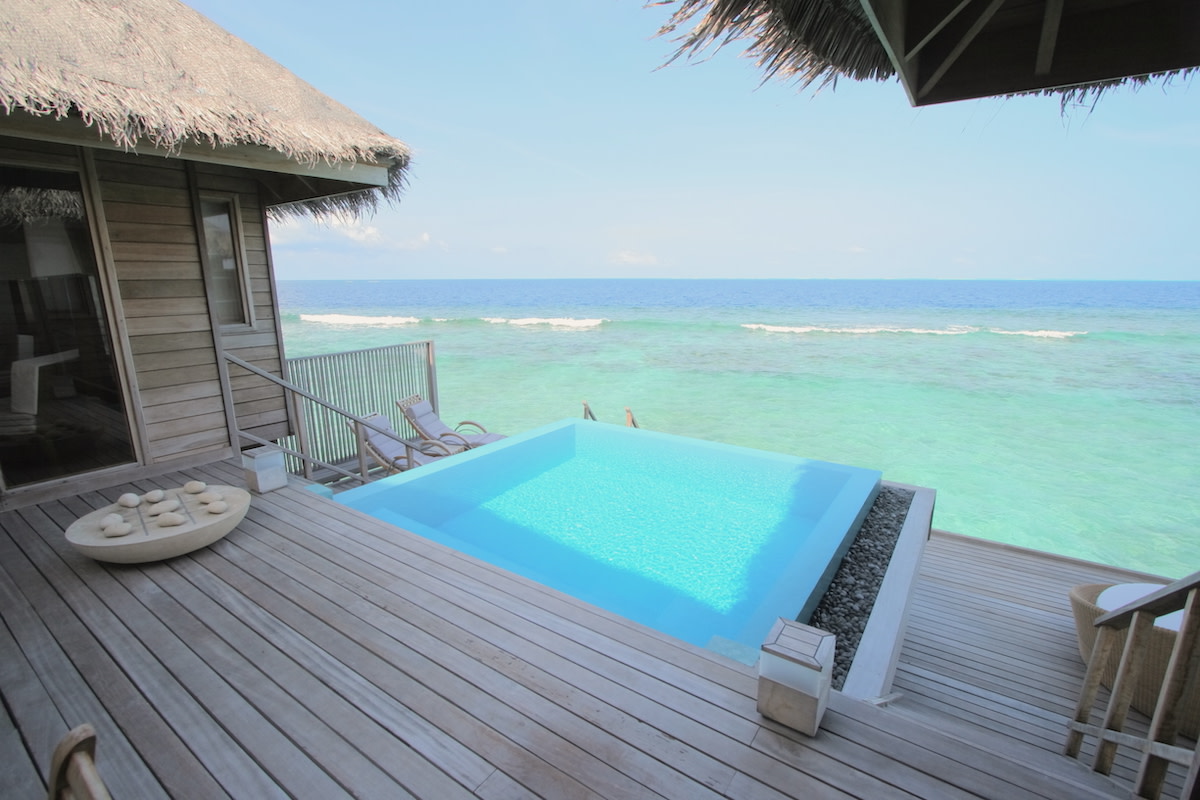Plunge Pool Guide: Benefits of Installing a Plunge Pool
Written by MasterClass
Last updated: Aug 19, 2021 • 3 min read
A plunge pool is a smaller alternative to a traditional swimming pool that can be used for lounging, wading, or exercising.
Learn From the Best
What Is a Plunge Pool?
A plunge pool is a compact or smaller-size swimming pool commonly used in places with limited space. Most plunge pools are between 13 and 23 feet long, and 7 to 10 feet wide, which makes them slightly larger than an average hot tub. They can be installed as inground plunge pools, or they can be used above-ground if you choose a fiberglass pool or concrete plunge pool.
A plunge pool’s small size makes it perfect for wading into and for cooling off in the heat, as well as for hydrotherapy and low-impact exercise. Plunge pools typically don’t have spa jets or hot water like hot tubs or swim spas do, but those features can be added as customizations.
4 Types of Plunge Pools
While plunge pools have the common feature of being small, there are a few varieties to choose from:
- 1. Deep or shallow: A shallow plunge pool is best for lounging or for stationary exercise in the water, while deeper plunge pools provide total body immersion similar to a swimming pool.
- 2. Infinity edge: An infinity pool is a pool design in which one edge is just a fraction of an inch shorter than the water level, which allows water to flow over into a basin where it recycles back in. This is purely a design choice or a landscaping consideration, and won’t affect the current of your pool.
- 3. Indoor or outdoor: Plunge pools make for great backyard pools, but they can also be installed indoors, such as in a sunroom, since they take up so little space.
- 4. Lap pools: A lap pool is a type of plunge pool that has resistance jets installed to create a strong current you can swim against. Lap pools are great for aquatic exercise in a small space.
Benefits of a Plunge Pool
There are many reasons to choose a plunge pool when designing a space:
- Less space required: Small plunge pools are a great option for outdoor spaces where a traditional pool or full-size pool won’t fit, such as a small backyard. Homeowners with small spaces or smaller lots can combine a plunge pool with decking, water features, and fire pits to create a luxurious outdoor living space with a small amount of real estate.
- Easier maintenance: A small pool size means there will be less water for dirt and debris to accumulate, which means maintenance will be simpler. Most plunge pools can be cleaned by hand with a manual vacuum or a scoop net, and small pool covers are easy to throw over.
- Lower cost: The plunge pool cost for installation will be much lower since there will be less area to clear and dig. If you don’t want to pay a professional installer, like a pool builder or pool contractor, pool installation for plunge pools can also be much more cost-effective DIY projects than for larger pools.
Considerations for a Plunge Pool
There some reasons why a plunge pool might not be ideal for a space:
- Less space for swimming: You won’t be able to swim laps in most plunge pools, and kids won’t have much room to play in a plunge pool. You also won’t be able to fit as many people in a plunge pool as you would a regular pool.
- Safety risks: A small pool might tempt children to dive or jump in and injure themselves. This can be especially dangerous if your plunge pool is shallow.
- Design: There are fewer design options for smaller pools since there isn’t as much space for interesting shapes for the outer contour of the pool.
Learn More
Get the MasterClass Annual Membership for exclusive access to video lessons taught by the world’s best, including Kelly Wearstler, Ron Finley, Bobbi Brown, RuPaul, and more.
